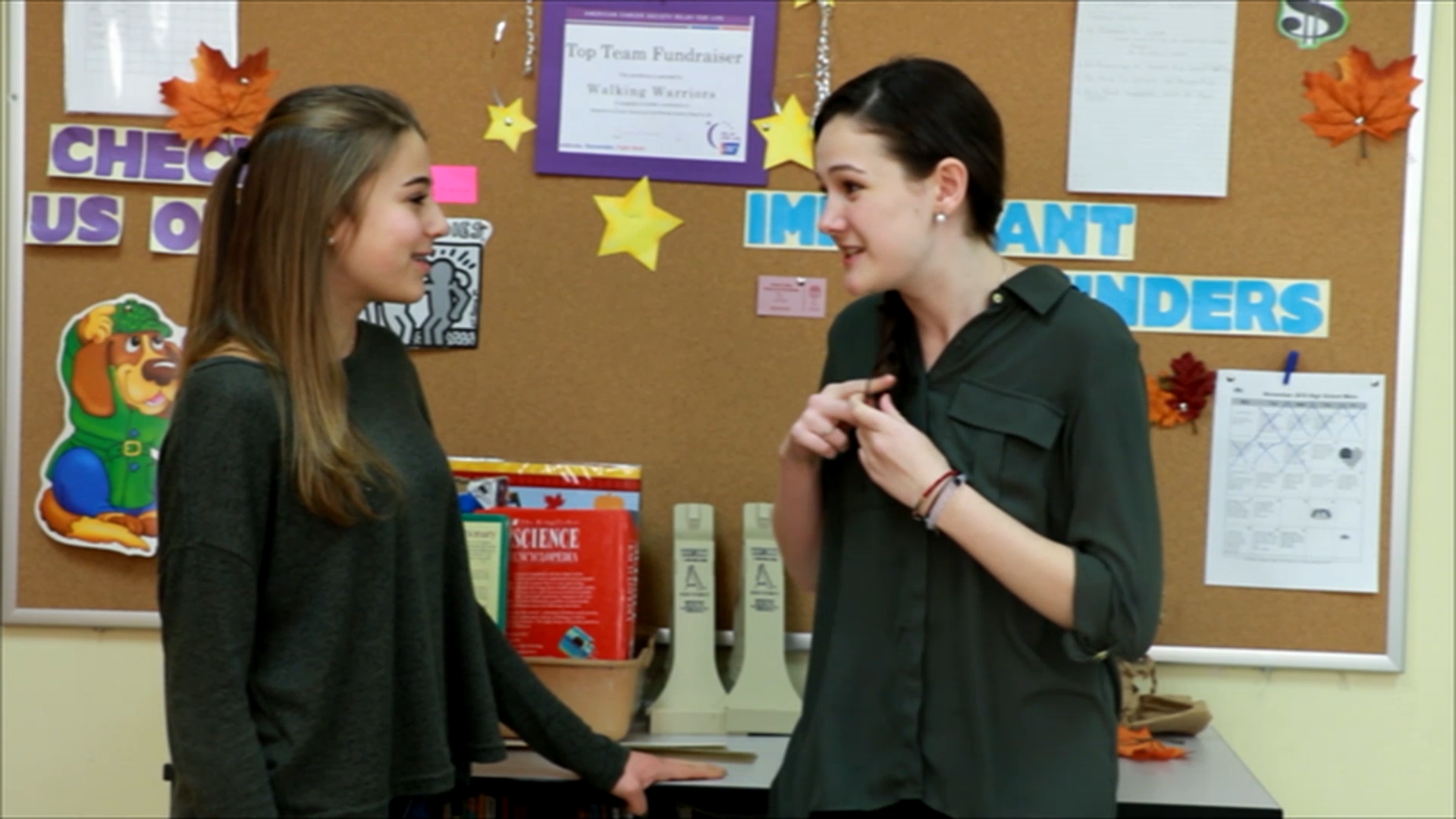
In this blog post, we will explore the importance of teaching students in Special Education how to give compliments and start conversations, as well as present an engaging no-prep activity to practice these skills. Compliments and conversation starters are essential components of Social-Emotional Learning, as they help students develop positive communication habits, build relationships, and foster a supportive learning environment.
No-Prep Activity: Compliment Relay
This activity requires no preparation or materials from the educator and can be easily adapted for students in Special Education. To begin the Compliment Relay, have students stand or sit in a circle. The educator will start the activity by complimenting the student to their left, using a genuine and specific compliment. The student who received the compliment will then turn to the person on their left and offer a compliment. This process continues until every student has given and received a compliment. To make the activity more engaging, the educator can encourage students to use different types of compliments, such as about appearance, skills, or personality traits.
Discussion Questions
- How did it feel to receive a compliment from a classmate? How did it feel to give a compliment?
- Why do you think compliments are important in building relationships and fostering a positive learning environment?
- Can you think of a time when you started a conversation by giving a compliment? How did the conversation progress?
- What are some other ways we can start conversations and make others feel valued and appreciated?
- How can we practice giving compliments and starting conversations outside of the classroom?
Related Skills
Teaching students how to give compliments and start conversations is just one aspect of Social-Emotional Learning. Other relevant skills for students in Special Education include:
- Active listening: Encourage students to listen carefully to others and ask follow-up questions to show genuine interest in the conversation.
- Empathy: Help students develop the ability to understand and share the feelings of others, making them more compassionate and supportive classmates.
- Conflict resolution: Teach students how to address disagreements and resolve conflicts in a respectful and productive manner.
- Self-awareness: Guide students in recognizing their own emotions, strengths, and areas for growth, which can lead to improved self-esteem and personal growth.
Next Steps
By incorporating activities like the Compliment Relay and fostering discussions about the importance of positive communication, educators can support students in Special Education in developing essential Social-Emotional Learning skills. To access more resources and activities to help students build these skills, sign up for free sample materials at Everyday Speech. These materials offer a variety of engaging and effective strategies to promote Social-Emotional Learning in the classroom, setting students up for success in school and beyond.

